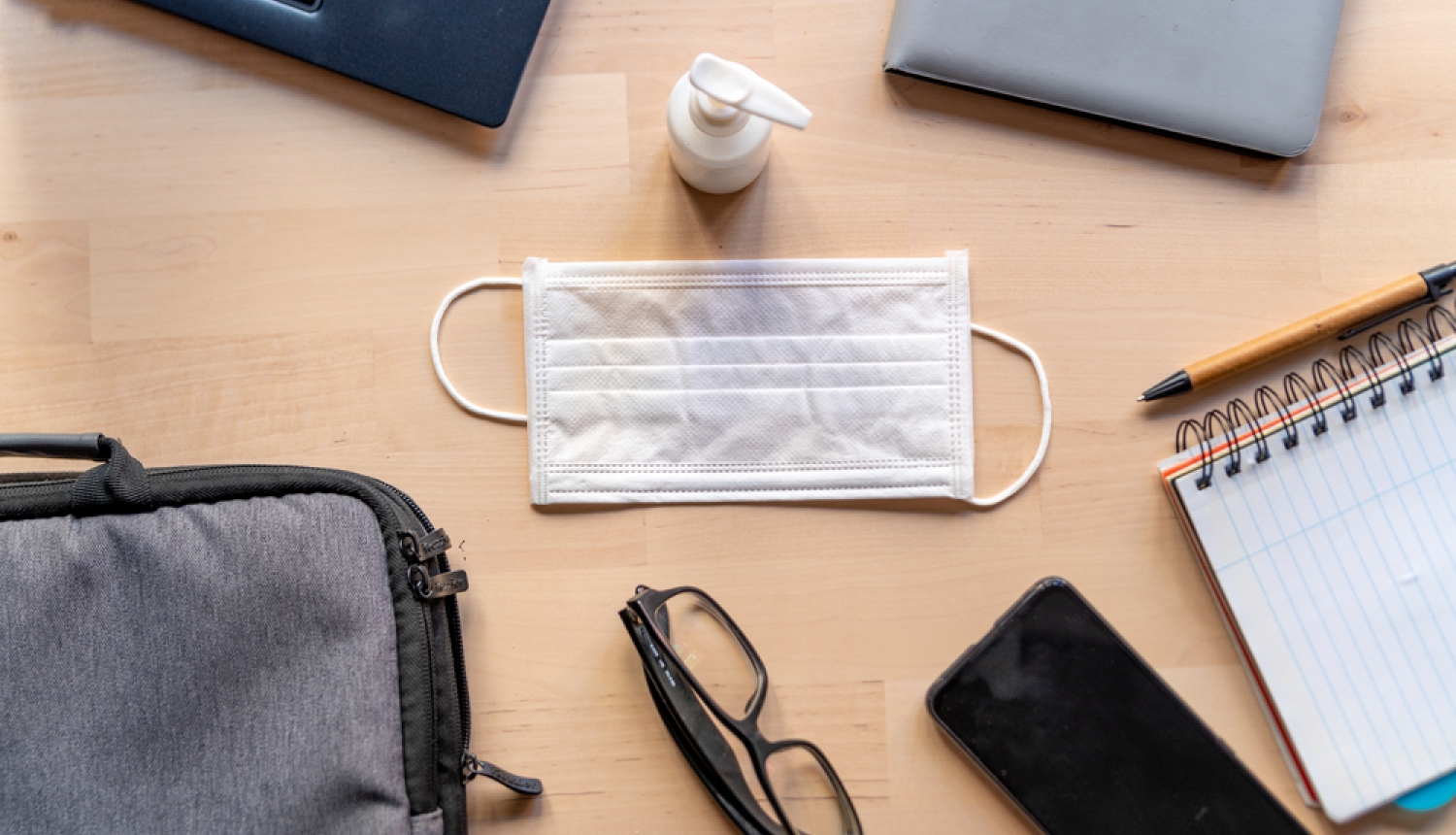As the incidence of Covid-19 decreases, the current epidemiological safety measures will be lifted from 1 April. Some of them will only be maintained in environments where there is a particularly high risk of infection. Also, the rights of service providers and employers to self-assess risks and set epidemiological safety requirements has been expanded.
Performing of work duties
From 1 April, persons not vaccinated against Covid-19 will also be able to perform on-site work. At the same time, the employer will retain the right to only organise the performance of work duties in the company or institution for persons with a valid Covid-19 vaccination or recovery certificate.
Employees who have direct contact with clients will need to be vaccinated against Covid-19 in medical facilities and prisons. In educational establishments, staff who have direct contact with learners will require a Covid-19 vaccination or recovery certificate until the end of this school year.
Use of medical masks and FFP2 respirators
After 1 April, the use of medical masks or unvalved FFP2 respirators will be required in medical and social care facilities, both for visitors and staff.
Medical masks or unvalved FFP2 respirators will also still be required in public transport, except for taxis and other commercial passenger transport using a car.
Elsewhere masks or respirators will not be required; at the same time, the service provider or employer will be able to request the necessity to use masks or respirators.
Quarantine requirements revised
From 1 April, only those contact persons of Covid-19 patients who are working in medical and social care facilities will be required to observe home quarantine or perform Covid-19 testing prior to commencing work. Others will not have this safety measure, but will need to wear unvalved FFP2 respirators for a week.
Travelling and Covid-19 certificates
When entering Latvia from the European Union, European Economic Area countries and Great Britain, persons will not be required to present Covid-19 certificates or Covid-19 tests. The need to present a certificate or a negative Covid-19 test before entry will be maintained when entering from third countries.
Performing of state-paid Covid-19 tests
From 1 April, state-paid professional antigen tests will be used more widely to detect Covid-19. A testing certificate, and in the case of positive professional antigen test results, also a Covid-19 recovery certificate, will be issued to the person.
State-paid PCR tests will only be performed after a doctor's referral in cases where there is an increased risk or the test result affects the course of treatment (for seniors, before surgery or hospitalisation, for health and social care workers). The possibility remains for the citizens to take self-paid PCR tests.
Screening tests to prevent large-scale outbreaks in a timely manner will continue in medical institutions, social care facilities, prisons and special education establishments.



